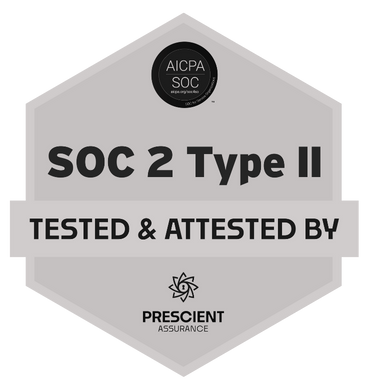Navigating family dynamics can get tricky, especially with blended families. When you have stepchildren, half-siblings, and second marriages in the mix, estate planning poses unique challenges. It's crucial to plan carefully to safeguard inheritance and prevent family conflicts. Getting a grasp of the legal side is key to securing your children's future and upholding your legacy.
Blended families deal with tricky situations where the assets of one or both partners need to support the surviving spouse and be divided fairly among biological and stepchildren. The key challenge is striking the right balance to prevent conflicts or misunderstandings.
Having a clearly defined will is super important in estate planning. It has to explicitly state how you want your assets divided among your surviving spouse and children. Without a will, the state laws of intestacy decide how your assets get distributed, and that might not match up with what you really want.
Creating a trust can offer more control over the distribution of your assets than a will. Trusts can be structured to provide for the surviving spouse during their lifetime, with the remaining assets designated for the children after their passing. This setup not only protects the children’s inheritance but also offers tax benefits.
Don't forget to regularly check and update beneficiary designations on retirement accounts, life insurance policies, and other financial products. These designations often take precedence over instructions in wills and trusts, so it's important to make sure they match your current estate plan.
If your family has substantial real estate or business holdings, creating a Family Limited Partnership (FLP) or a Limited Liability Company (LLC) can be a smart move. These entities help manage and transfer assets more efficiently, while also offering protection and tax advantages.
Having open and honest communication with your family about estate plans can help avoid misunderstandings and conflicts down the road. It might also be a good idea to involve a neutral third party, like a family counselor or mediator, during these discussions.
Teaming up with a seasoned estate planning attorney is a must to navigate the complexities of safeguarding inheritance in a blended family. Legal tools and clauses, like:
Estate planning in blended families needs careful thought and sometimes, intricate legal setup to safeguard everyone's interests. By tackling these challenges early on, you can build a legacy that reflects your desires and secures your loved ones' futures. Start this important talk sooner rather than later.
Navigating family dynamics can get tricky, especially with blended families. When you have stepchildren, half-siblings, and second marriages in the mix, estate planning poses unique challenges. It's crucial to plan carefully to safeguard inheritance and prevent family conflicts. Getting a grasp of the legal side is key to securing your children's future and upholding your legacy.
Blended families deal with tricky situations where the assets of one or both partners need to support the surviving spouse and be divided fairly among biological and stepchildren. The key challenge is striking the right balance to prevent conflicts or misunderstandings.
Having a clearly defined will is super important in estate planning. It has to explicitly state how you want your assets divided among your surviving spouse and children. Without a will, the state laws of intestacy decide how your assets get distributed, and that might not match up with what you really want.
Creating a trust can offer more control over the distribution of your assets than a will. Trusts can be structured to provide for the surviving spouse during their lifetime, with the remaining assets designated for the children after their passing. This setup not only protects the children’s inheritance but also offers tax benefits.
Don't forget to regularly check and update beneficiary designations on retirement accounts, life insurance policies, and other financial products. These designations often take precedence over instructions in wills and trusts, so it's important to make sure they match your current estate plan.
If your family has substantial real estate or business holdings, creating a Family Limited Partnership (FLP) or a Limited Liability Company (LLC) can be a smart move. These entities help manage and transfer assets more efficiently, while also offering protection and tax advantages.
Having open and honest communication with your family about estate plans can help avoid misunderstandings and conflicts down the road. It might also be a good idea to involve a neutral third party, like a family counselor or mediator, during these discussions.
Teaming up with a seasoned estate planning attorney is a must to navigate the complexities of safeguarding inheritance in a blended family. Legal tools and clauses, like:
Estate planning in blended families needs careful thought and sometimes, intricate legal setup to safeguard everyone's interests. By tackling these challenges early on, you can build a legacy that reflects your desires and secures your loved ones' futures. Start this important talk sooner rather than later.



